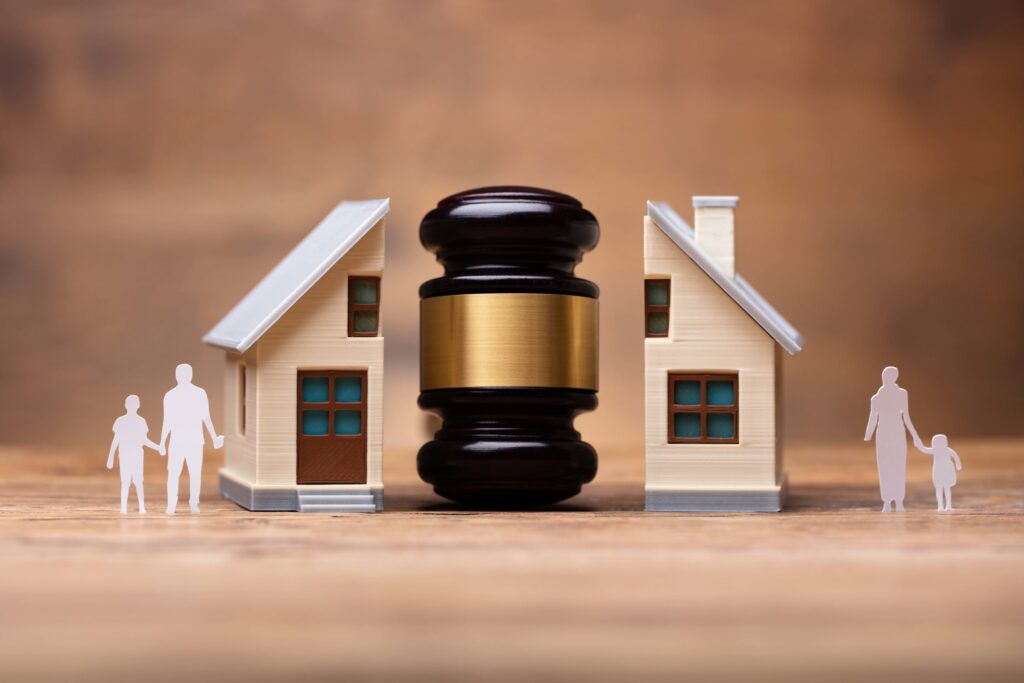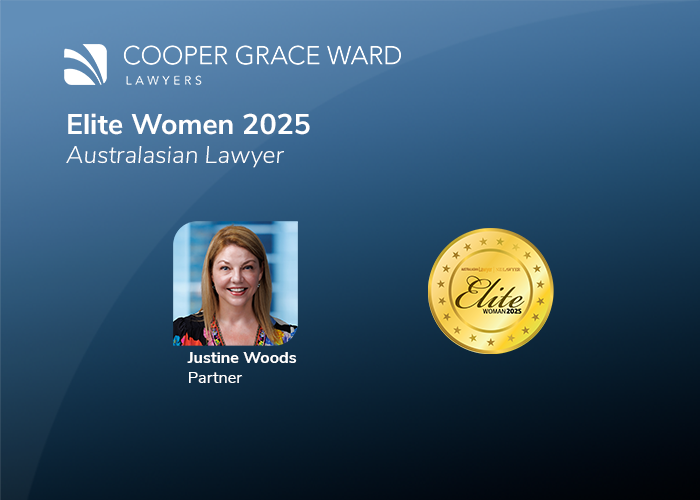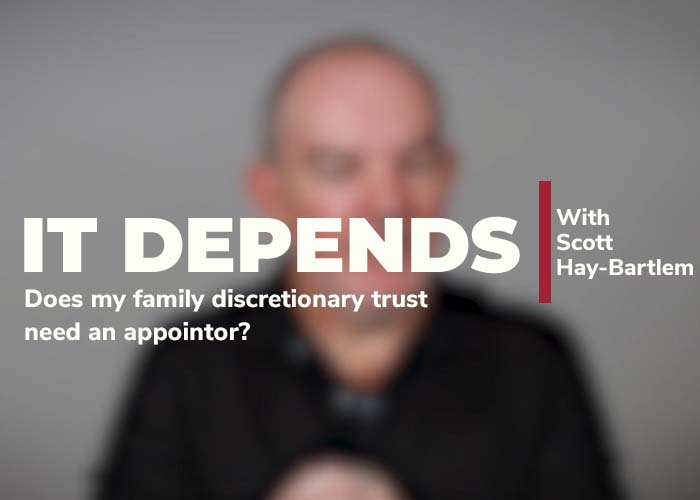Valuation of assets is the second vital step in a five step process that the family law courts apply (and expect separated couples to be guided by if they are wisely negotiating an agreement outside of court) to determine their financial entitlements at the end of a marriage or relationship.
A couple can agree on the value of any asset in what family lawyers call ‘the pool of assets’ available for division between them. However, if parties do not know the value of their assets (which is probably the case) or they cannot agree on a value, the family law system is predicated on the idea of a single qualified expert valuer being engaged to produce a written report about the value of any item – personal belongings, art, jewellery, houses, commercial properties and businesses and even items that are not saleable, such as interests in partnerships.
Overwhelmingly, people settle their family law property settlement disputes by agreement – they disclose financial documents (so everyone knows what exists), they jointly instruct valuers to value any disputed items, and then they broker a deal.
However, if this process does not produce an agreement, parties will find themselves in court proceedings. The judge also has the power to order a valuer to be appointed.
Valuations may be required of assets brought to a relationship many years ago or sold during the marriage. The value of those assets at separation, or at the date of agreement or trial before a judge, will also be relevant and needed as evidence.
Once a valuer is appointed as the single expert, they may receive joint, although not necessarily wholly agreed, instructions, request documents (such as leases, development approvals, shareholder agreements and financials, for example) and should ideally meet with none or both parties so that both parties are confident the valuer has listened to both sides.
The applicable court rules allow both parties to ask questions of the valuer to clarify the findings in the report following its release and the valuer and the parties are required to confer in the event of a disagreement.
If one or both parties remains dissatisfied with the value, they may seek to have another expert give evidence on their behalf. The permission of the court is required to rely on the evidence of another expert and the court does not readily grant leave; dismissing many applications to appoint another expert as ‘report shopping’. The success of these applications depends in part upon whether the competing witnesses have conferred and tried to reach agreement.
Your experts need to be carefully chosen and instructed in their defined area of expertise. The cases are replete with people taking on jobs that are out of their sphere of speciality and then being horribly criticised by the courts. An expert is not a client’s advocate – they are appointed to inform the parties and the ‘trier of fact’ (AKA the judge) as to value.
A capable, sensible valuation expert is often an essential element in helping parties reach a settlement or, if ‘all reasonable activities to ascertain whether agreement can be reached on the value of the assets in the proceedings’ as one judge described it in the case of Varnham, ultimately fail, to help the judge crystallise the value of the pool to be allocated between the disputing couple.
Click here to access to Justine’s full presentation for the Australian Property Institute event Understanding the Dos and Don’ts of being an expert witness.





